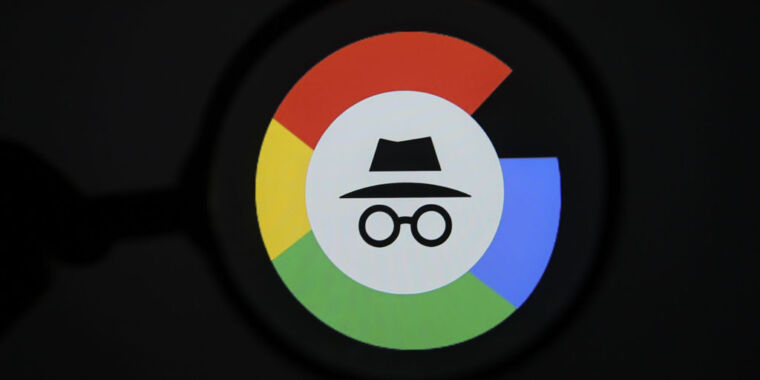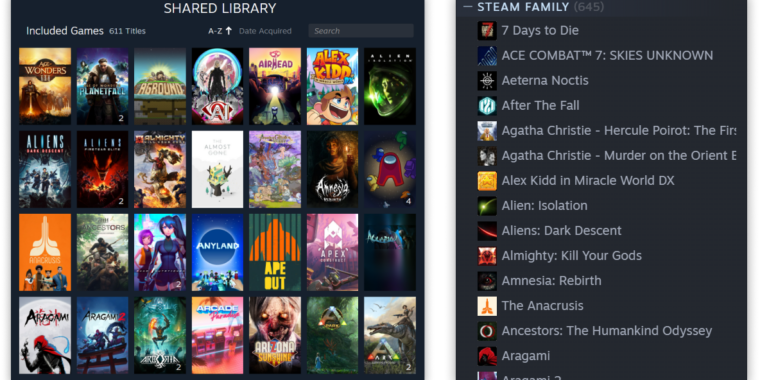Google Settles Lawsuit Over “Incognito” Mode
Google has reached a settlement in a class-action lawsuit regarding the privacy of users’ browsing data in Chrome’s “Incognito” mode. As part of the agreement, Google has agreed to delete billions of data records that reflect users’ private browsing activities. This landmark decision comes after users’ lawyer, David Boies, described the settlement as a significant step towards ensuring honesty and accountability from dominant technology companies.
Historic Settlement Value
Based on insights provided by Google, users’ lawyers estimated the settlement to be valued between $4.75 billion and $7.8 billion. The agreement includes the deletion of private browsing data collected in the past from class-action members. Additionally, Google will implement a change to Incognito mode that allows users to block third-party cookies by default, enhancing privacy measures for Incognito users over the next five years.
By limiting the amount of data Google collects from private browsing sessions, the settlement aims to reduce the company’s revenue from such data. According to Boies, the agreement prevents Google from clandestinely gathering user data worth billions of dollars and mandates the deletion and remediation of improperly collected data on an unprecedented scale.
Enhanced Privacy Measures
To uphold user privacy, Google has updated its disclosures to inform users of data collection during Incognito sessions. The company is required to provide these disclosures to all users by March 31 and must maintain them moving forward. Moreover, Google will no longer track individuals’ choice to browse privately, ensuring that recent changes cannot be reversed.
The settlement does not offer monetary damages to class members; instead, individuals retain the right to pursue damages through arbitration. This provision enables users to take legal action against Google for statutory damages under federal and state wiretap statutes.
Google’s Perspective
While Google supports the final approval of the settlement, the company disagrees with certain legal and factual interpretations presented in the motion. According to Google spokesperson José Castañeda, the data being deleted is not as substantial as portrayed by Boies. Castañeda emphasized that Google does not associate data with individual users in Incognito mode and is willing to eliminate technical data that lacks personal identification.
Although Google initially claimed difficulties in identifying and deleting private browsing data, the company has committed to remediating 100% of the data set in question. Mitigation efforts include removing fields used for user detection, partially redacting IP addresses, and deleting detailed URLs to enhance user privacy.
US District Judge Yvonne Gonzalez Rogers is expected to approve the settlement on July 30, as Google has not opposed the motion for final approval.
Image/Photo credit: source url





